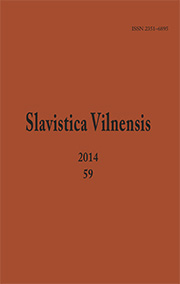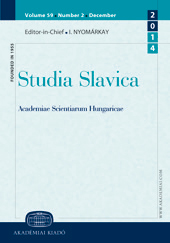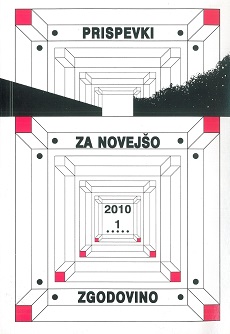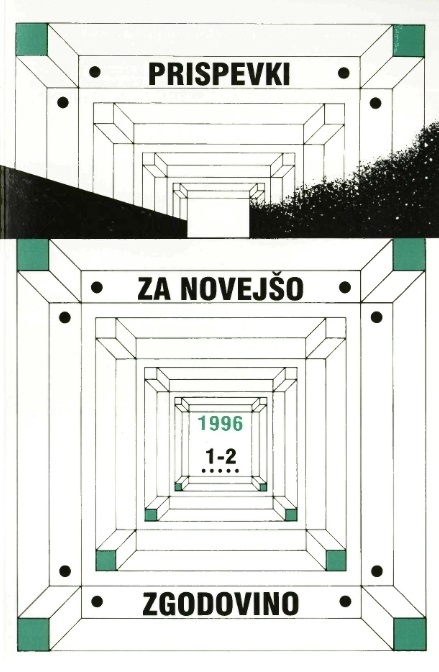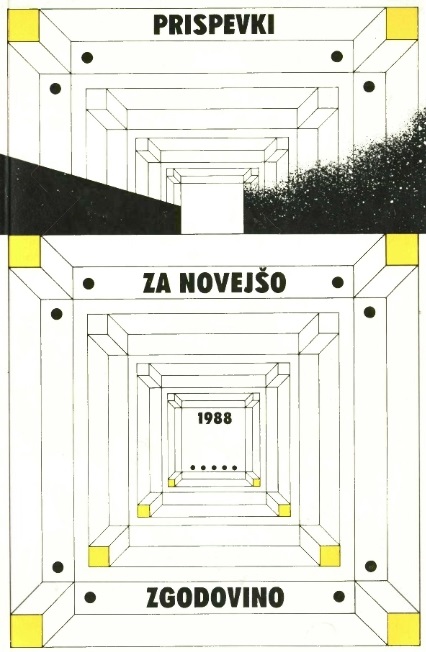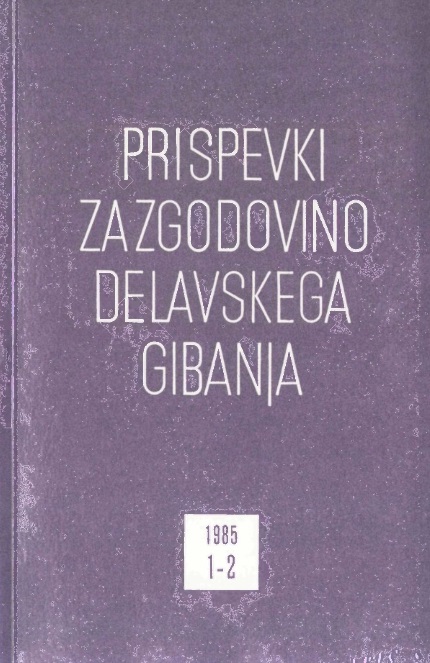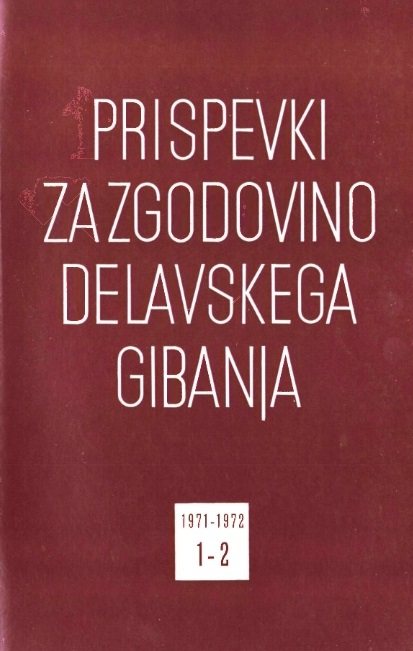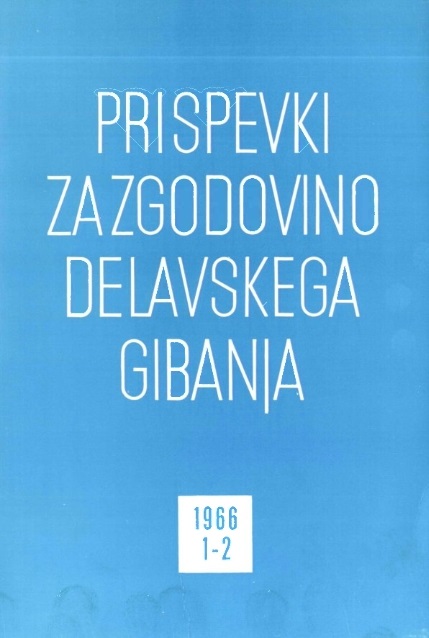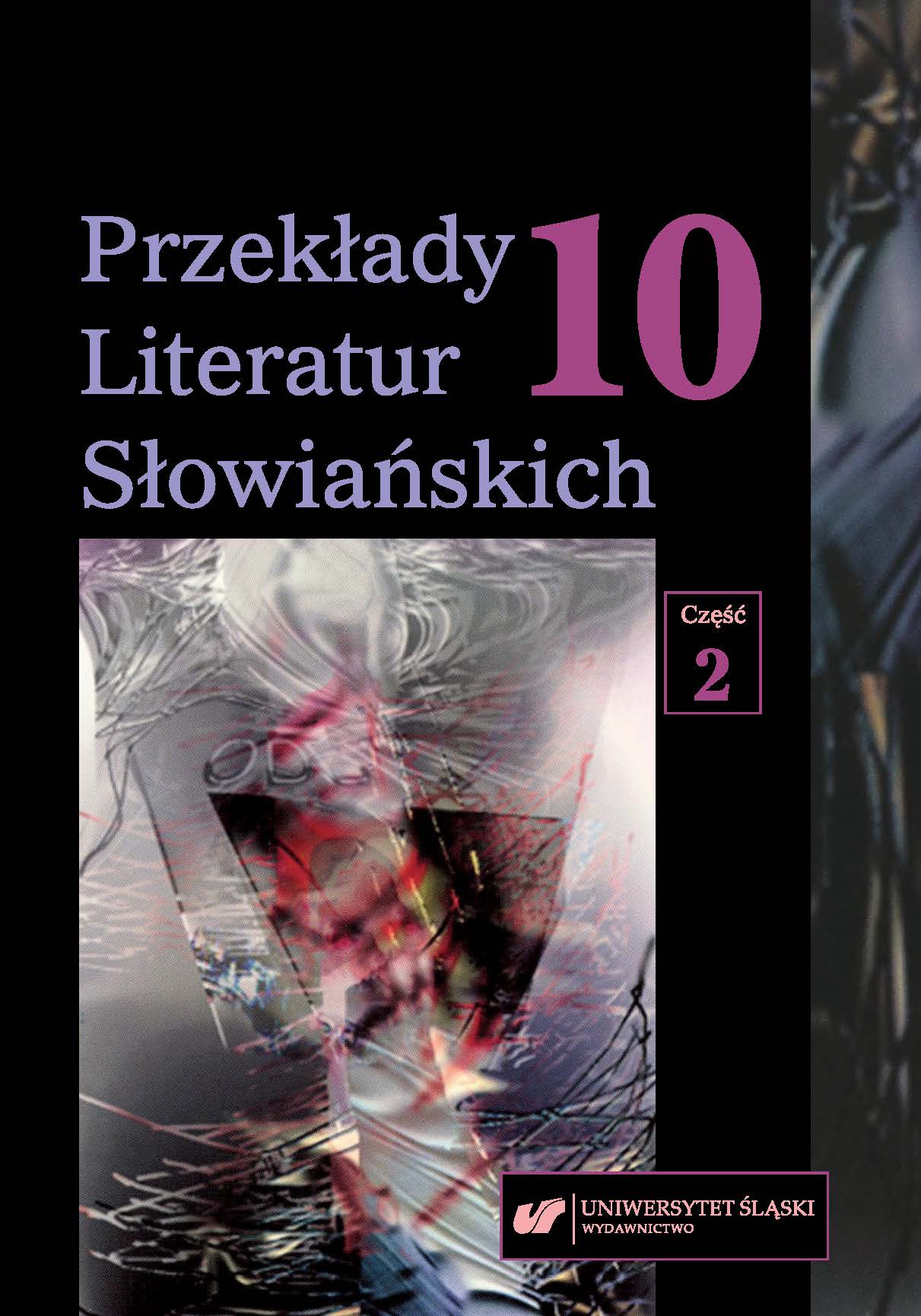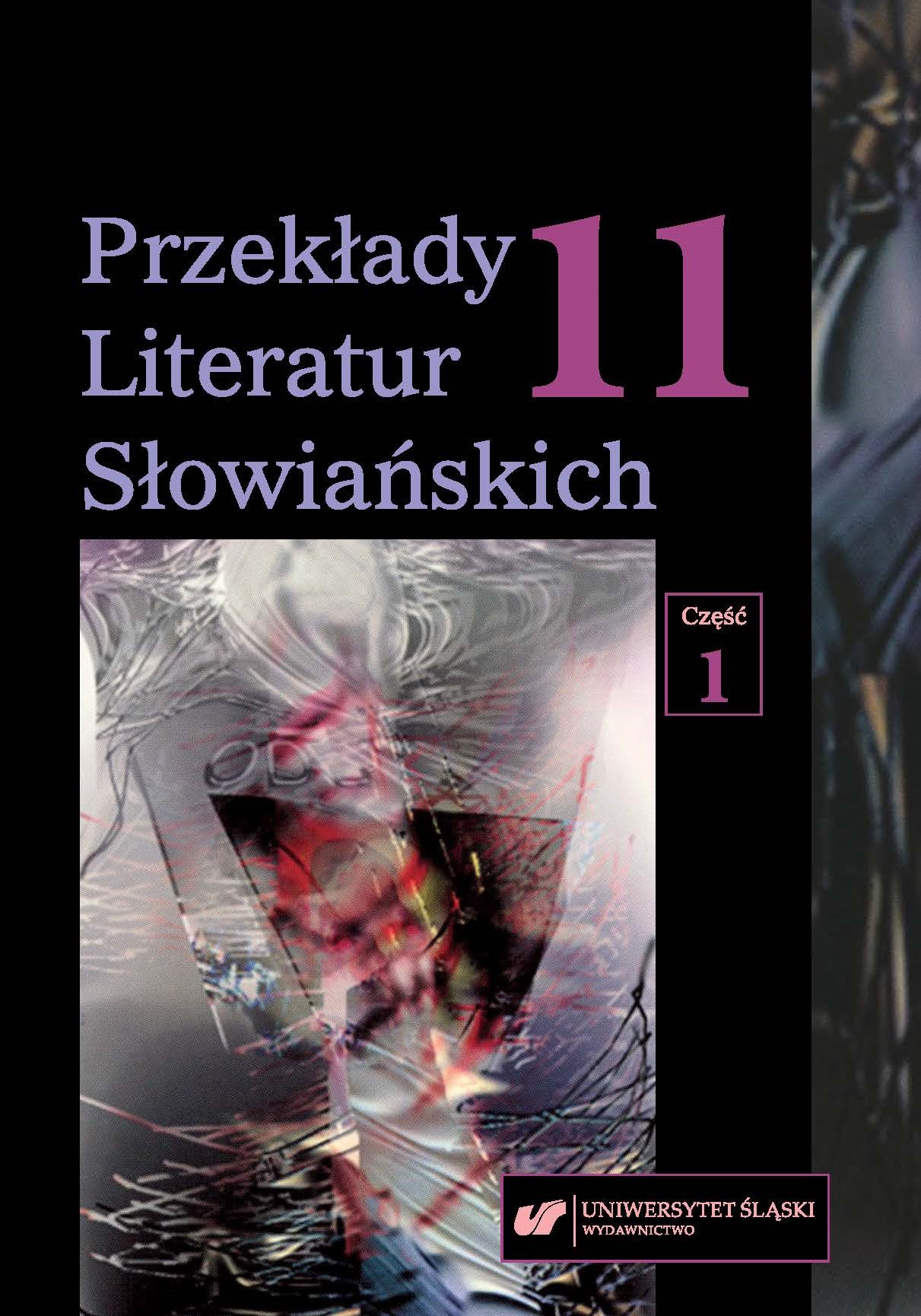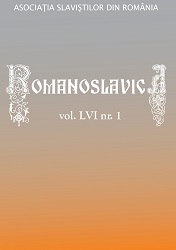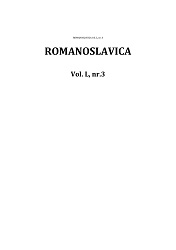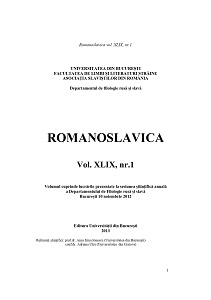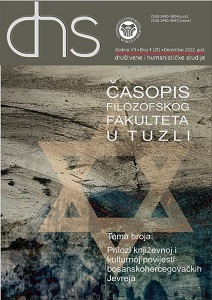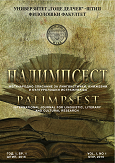The New Women from the Margins
The New Woman makes an appearance in the texts of both male and female fin de siècle writers, although unsurprisingly she was more often an important focus for women writers. And although women writers from the margins of Europe faced many challenges that were similar to those of their contemporaries in English speaking countries, they were also simultaneously confronted with local and contextually specific issues. In this article, we tackle the specificities of the literary New Women in Slovenian and Finnish literature, and in particular, the texts of Zofka Kveder (1878–1926) and L. Onerva (1882–1972). Both women writers sought ways of engaging with questions of female identity in societies obsessed with cultural nationalism, and which saw woman primarily in terms of her role as wife and mother. Both L. Onerva and Kveder foregrounded the New Woman, depicting her as wanting to live her life on her own terms, even if this coincided with a painful awareness of the difficulty of such an enterprise. Both writers suggested that the New Woman’s personal ambivalences and inhibitions were often felt more acutely than any external force. L. Onerva and Kveder enriched Finnish and Slovenian literature with bold new themes and depictions, adding their own provocative ideas about love, sexuality, and emancipation to those being expressed by other better known New Woman writers, including Ellen Key.
More...
